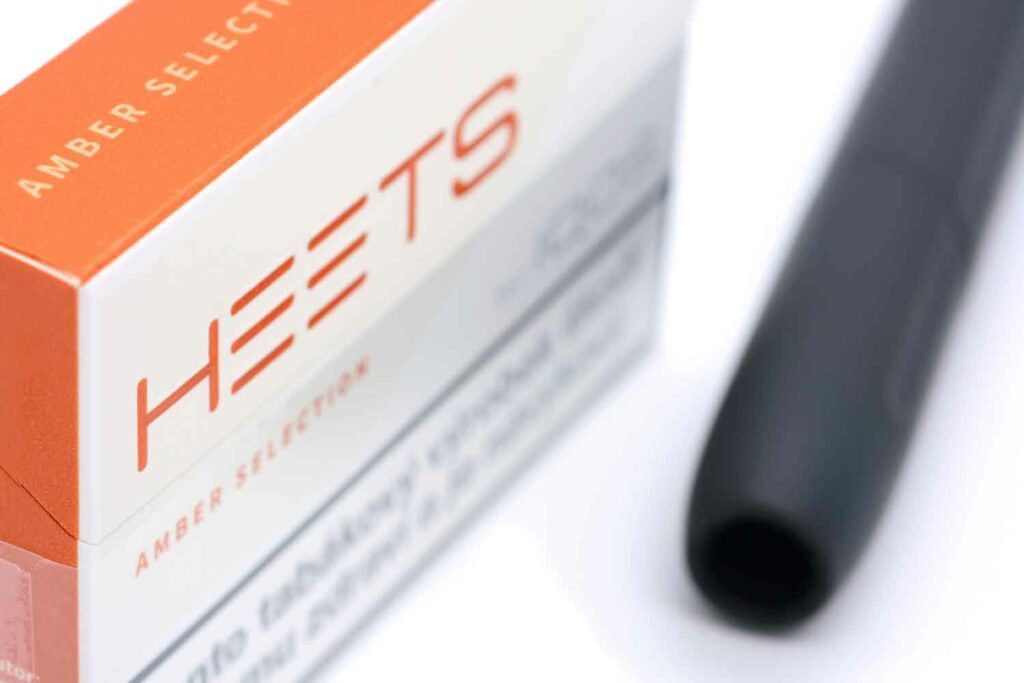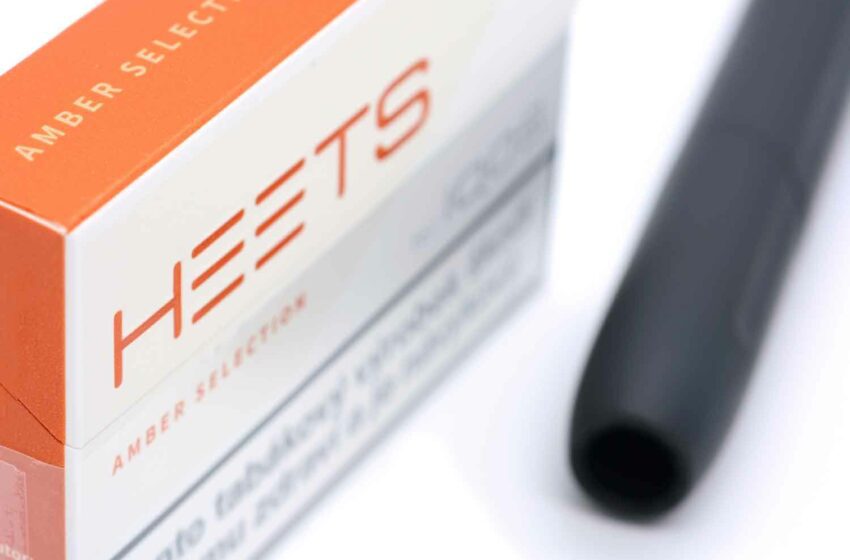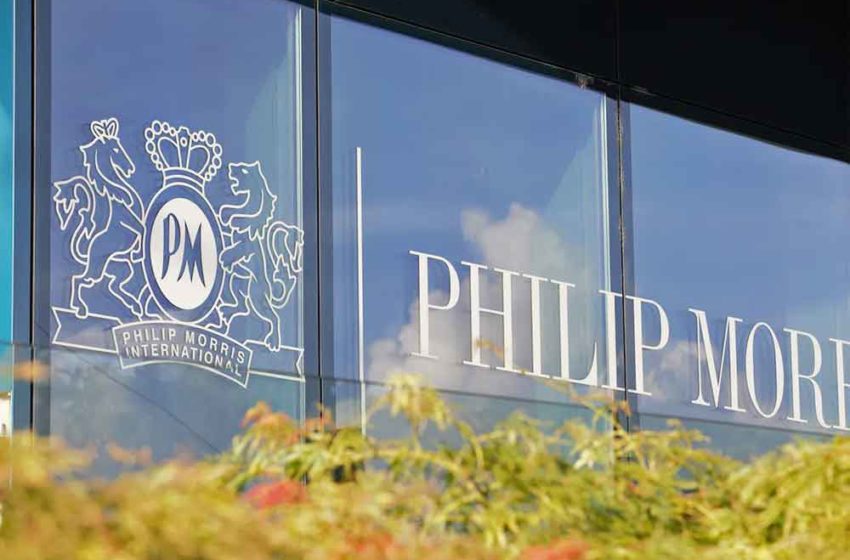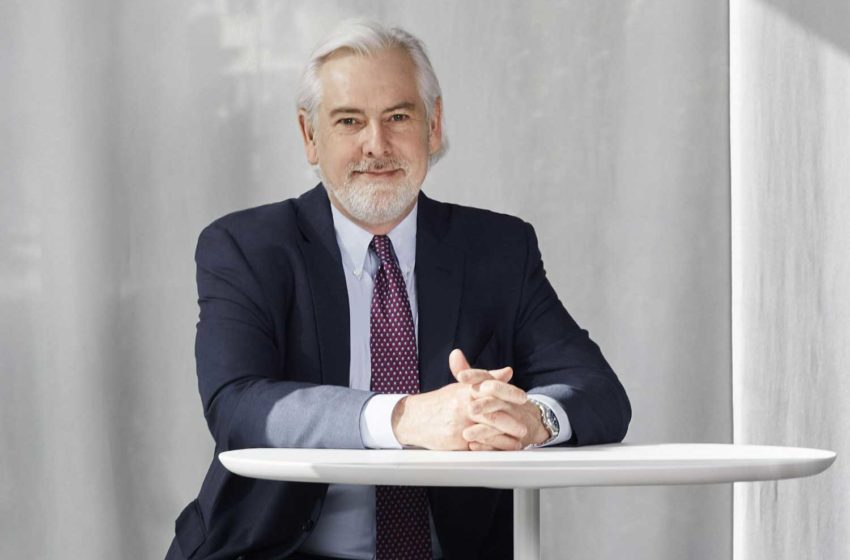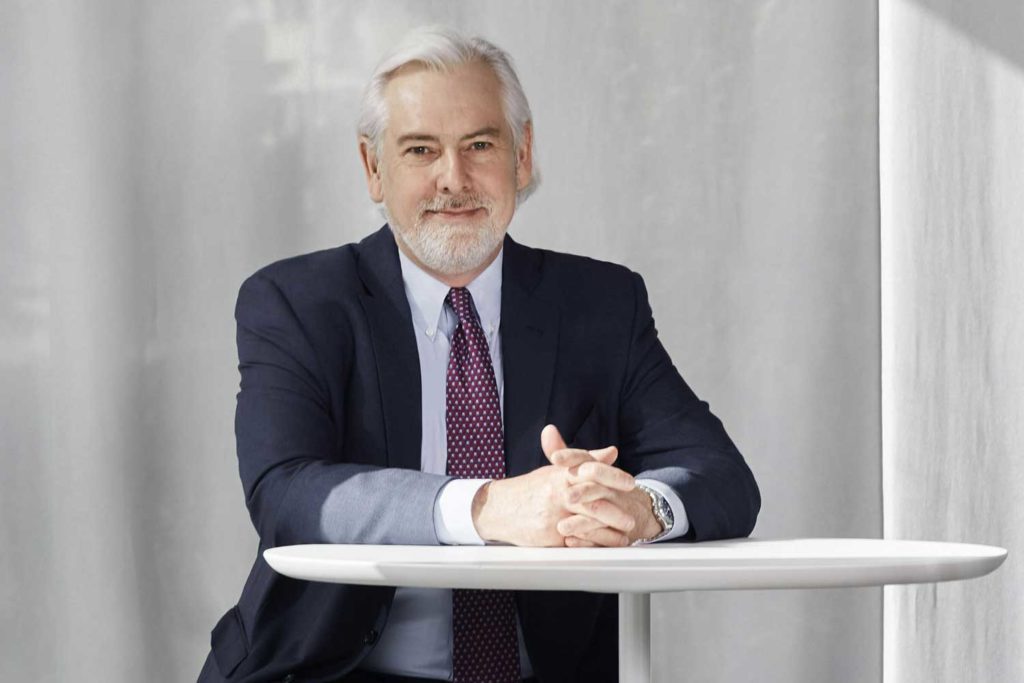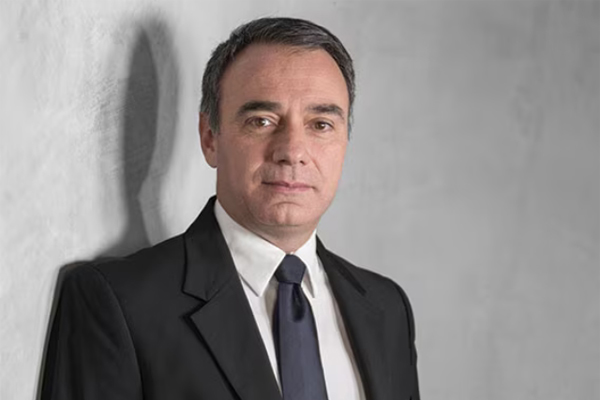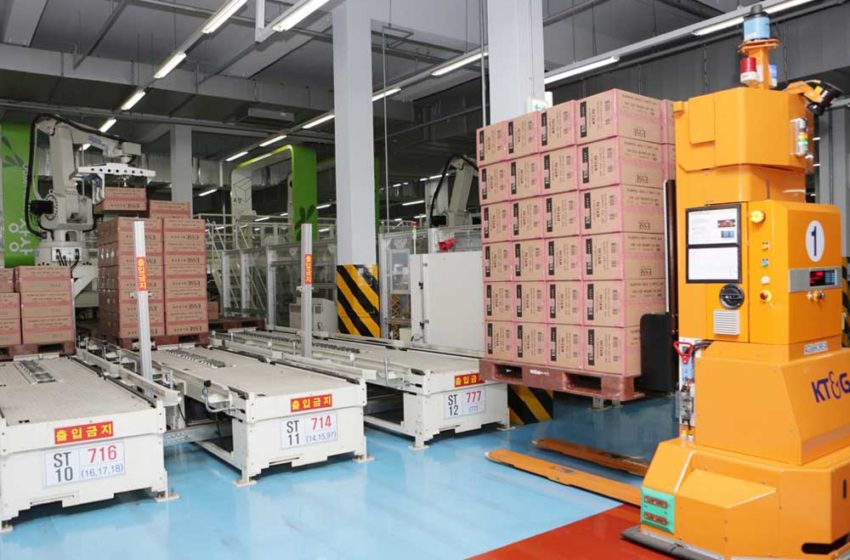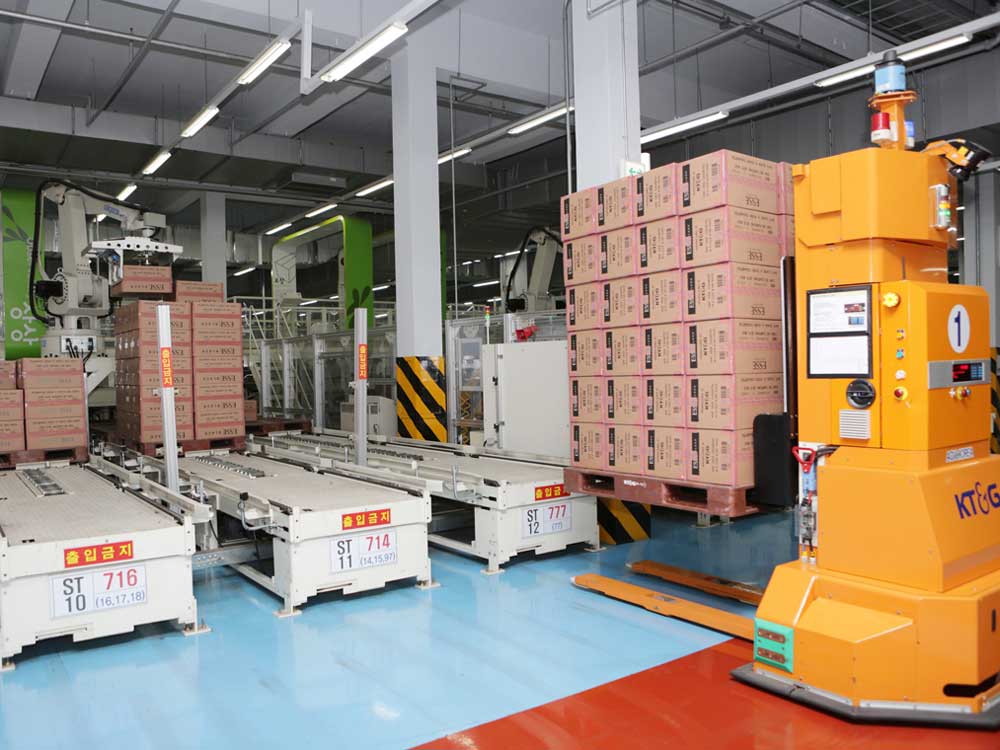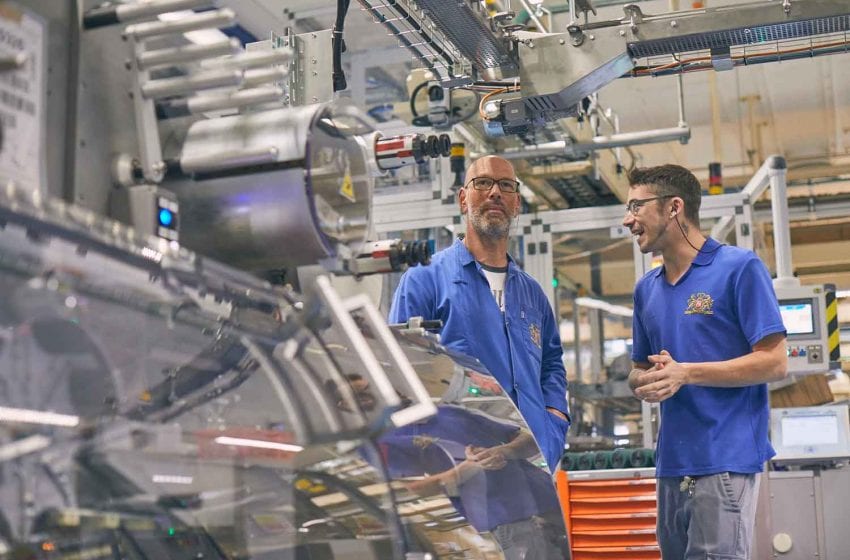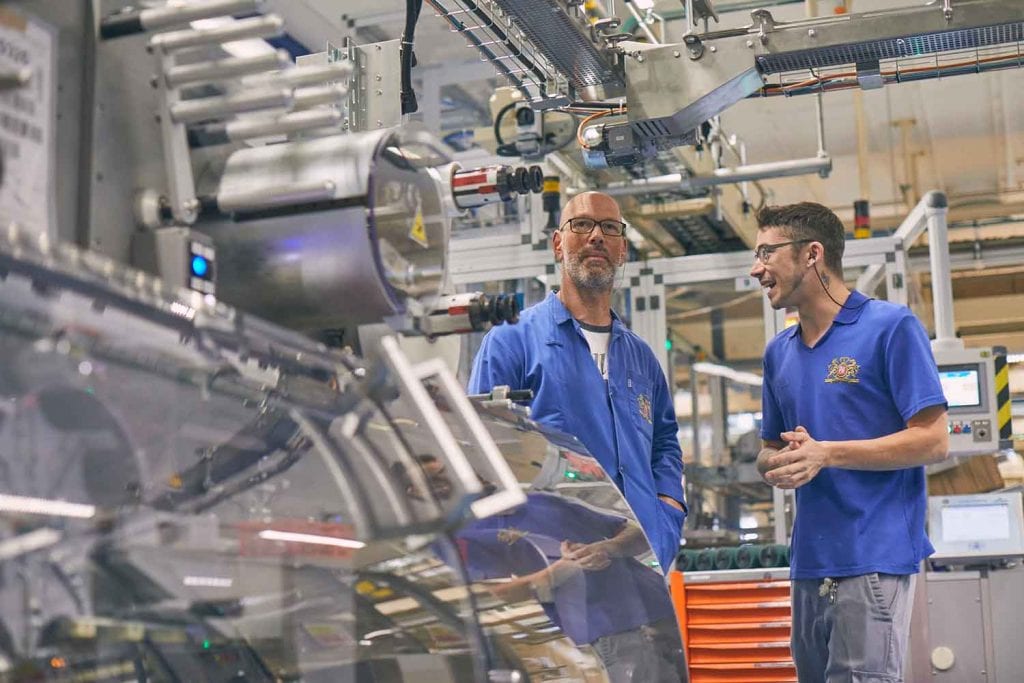Current tobacco control policies are not working fast enough to reduce the prevalence of smoking and may be prolonging cigarette use, according to Philip Morris International CEO Jacek Olczak.
Speaking on May 23 at the UnHerd Club in London, Olczak said that cigarettes belong in museums and called on governments globally to accelerate the end of cigarettes, according to a company press release.
Drawing upon a new hypothetical model based on data from the World Health Organization and other parties, Olczak explained that even if smoke-free products were assumed to be only 80 percent less risky than cigarettes, if people who currently smoke were to switch to them completely, then over their lifetime there’s a potential for a 10-fold reduction in smoking-attributable deaths compared with historical tobacco control measures alone.
He highlighted the paradox that smoke-free products are banned in some countries while cigarettes—despite their far greater risk of harm—can still be sold. While acknowledging that the model he used has limitations and is built on assumptions, Olczak noted that the public health cost of ignoring the potential of smoke-free products could be immense.
In 2016, PMI committed to moving away from cigarettes. As of March 31, 2023, the company had invested more than $10.5 billion since 2008 in developing and commercializing smoke-free products, which today account for nearly 35 percent of the company’s total net revenues. The mission, Olczak explained, is to reduce smoking by replacing cigarettes with less harmful alternatives and ultimately to make cigarettes obsolete.
However, he noted, PMI’s ability to progress on this mission is being frustrated by a combination of blind opposition from anti-tobacco organizations and governments’ overreliance on the so-called precautionary principle, which some interpret as “better not to do anything until we know everything.”
Olczak called on governments worldwide to follow the examples of countries like Sweden, Japan and the U.K., and adopt policies that give adult smokers who don’t quit a wide choice of alternatives to continuing smoking so they can make better choices and cigarettes can become a historical artifact. He also challenged anti-tobacco organizations to update their thinking, stop blocking innovation, and work toward a common goal to achieve a smoke-free future, faster.
